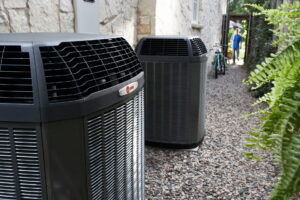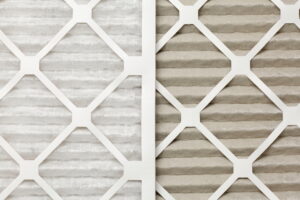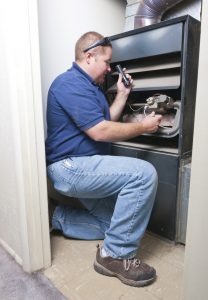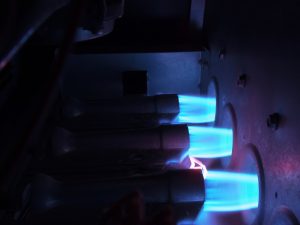Many Estacada homes are heated with furnaces, since they generally provide safe and efficient heat. Furnaces have also improved dramatically over the years as manufacturers find ways to make them more efficient. Even if your furnace has been reliable for many years, it may be worth the money to replace your old furnace with a newer, more efficient model.
Here are five major benefits to upgrading your furnace.
1. Lowering Your Utility Bills
Whether you realize it or not, your current furnace could be costing you more than it should in heating bills. If your furnace is 15-20 years old, it’s probably not heating your home as efficiently as the newer models with higher AFUE ratings. Even if your heating system has been replaced within the last ten years, the technology has advanced enough to consider an upgrade.
2. Fewer Repairs
Repair costs can add up if you are constantly repairing your furnace. Routine maintenance for your furnace can help reduce the need for repairs, but as furnaces age, they tend to need more repairs and replacement parts. If you need frequent repairs for your furnace, it may be time to replace it with a newer one.
3. More Consistent Heat
While maintaining consistent temperatures throughout your home involves several factors, such as insulation and thermostat control, your furnace could also be the reason you aren’t getting enough heat to all parts of the house. If some rooms are colder than others, or if your heating bills have recently gone up, it may be time for a furnace replacement.
4. Reduce the Chances of a Breakdown
When a furnace breaks down, it not only leaves you without heat, but it is also a major expense. Budgeting for a new furnace before it breaks down will put less financial burden on you than needing an emergency furnace replacement. Newer model furnaces are also more reliable and less likely to give you problems if maintained properly.
5. Safety
There’s higher potential for safety concerns with older or poorly maintained furnaces. In addition to fire hazards, carbon monoxide poisoning is another serious threat. When the heat exchanger stops working because it’s corroded or faulty, carbon monoxide can leak into the home. If you’ve had your furnace for more than 20 years, it could create safety hazards that you may be unaware of.
No matter how long you’ve had the furnace in your Estacada home, it’s always wise to speak with a qualified HVAC technician about furnace upgrades, particularly if you have expensive heating costs. Call The Clean Air Act Inc. today to talk with one of our heating experts about furnace upgrades.



 The
The  Summer has finally come to an end and
Summer has finally come to an end and
Join Us Online